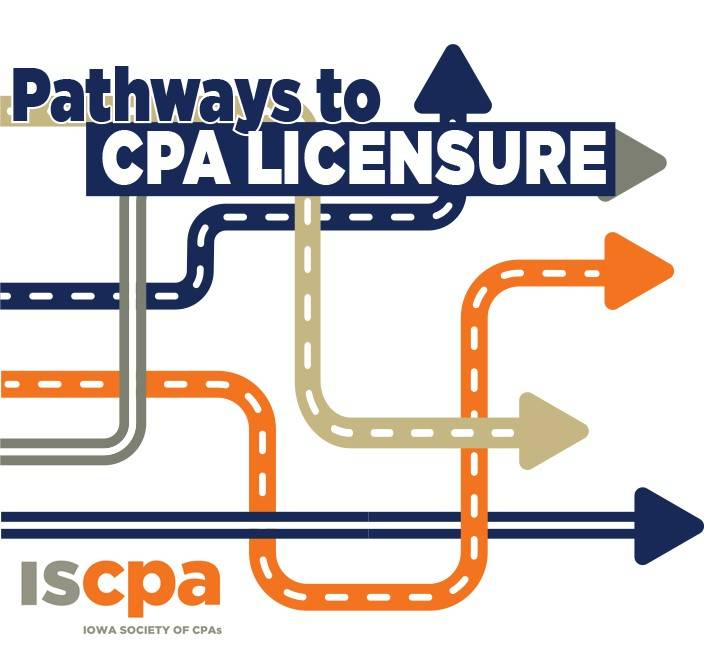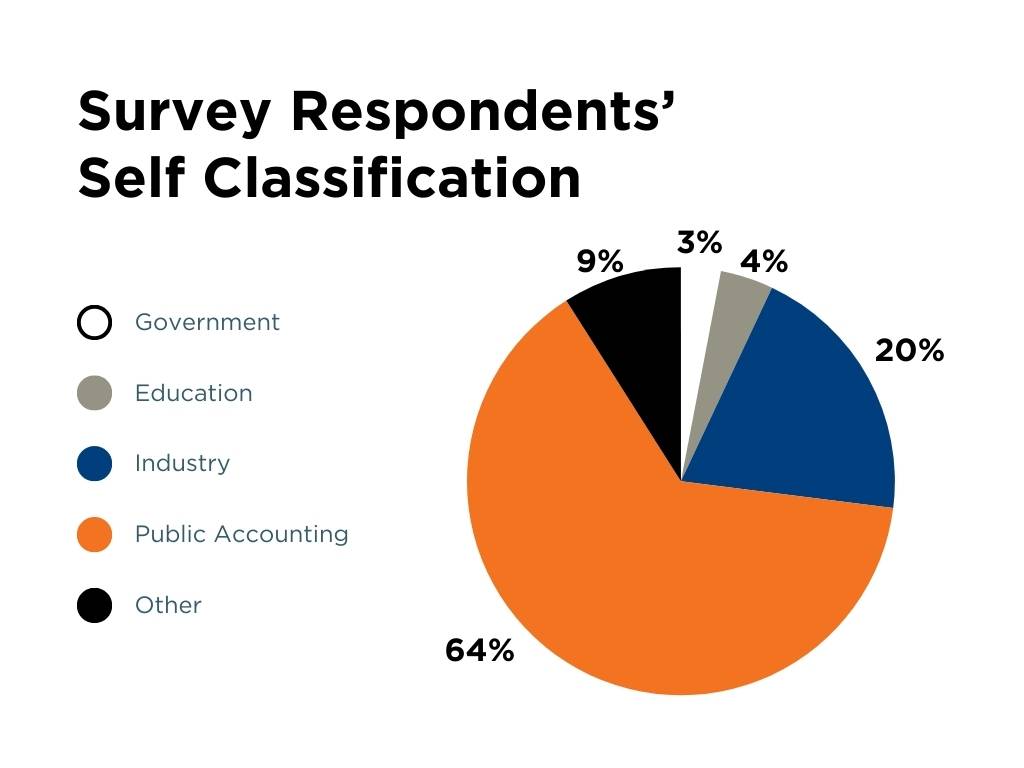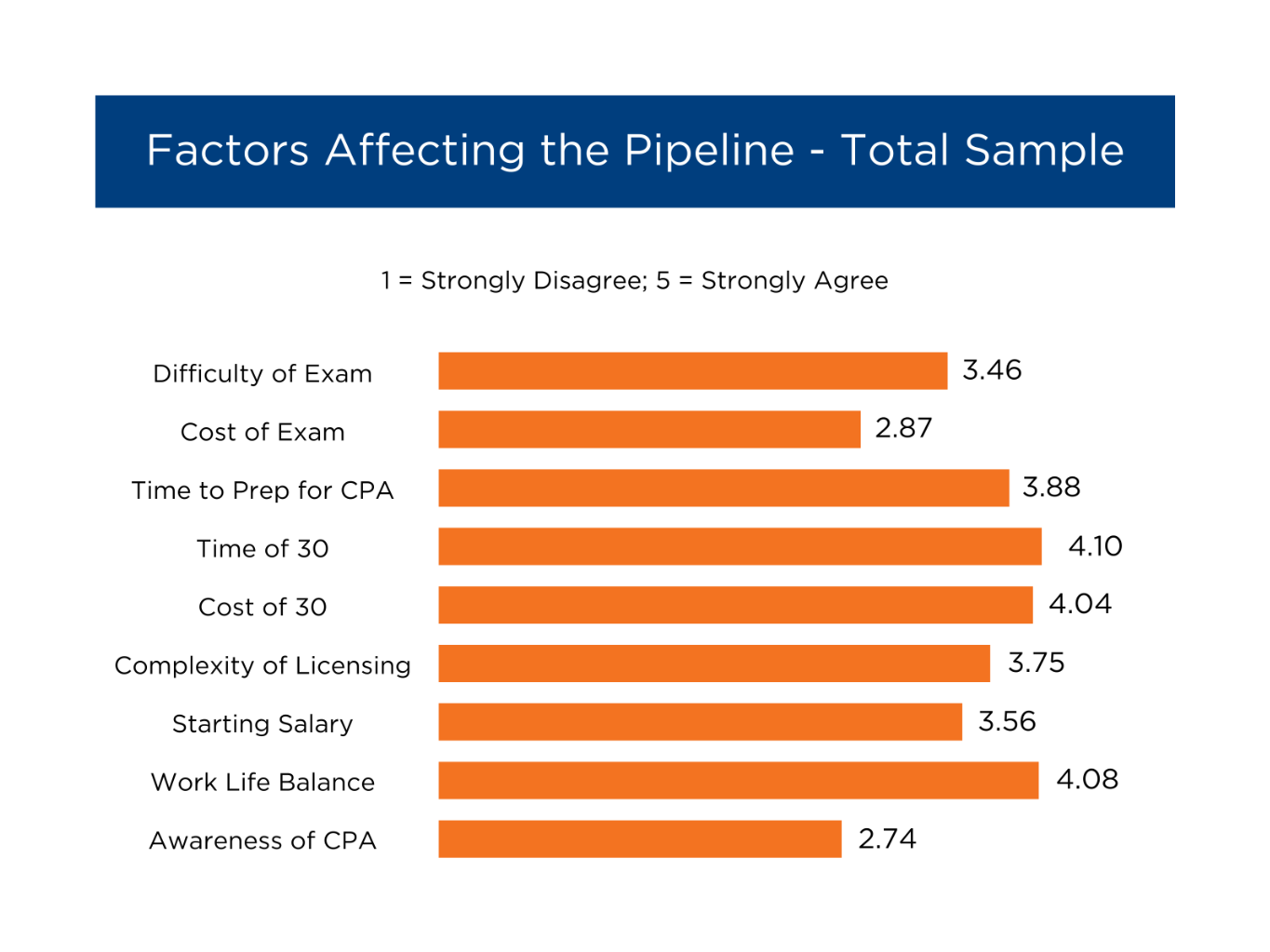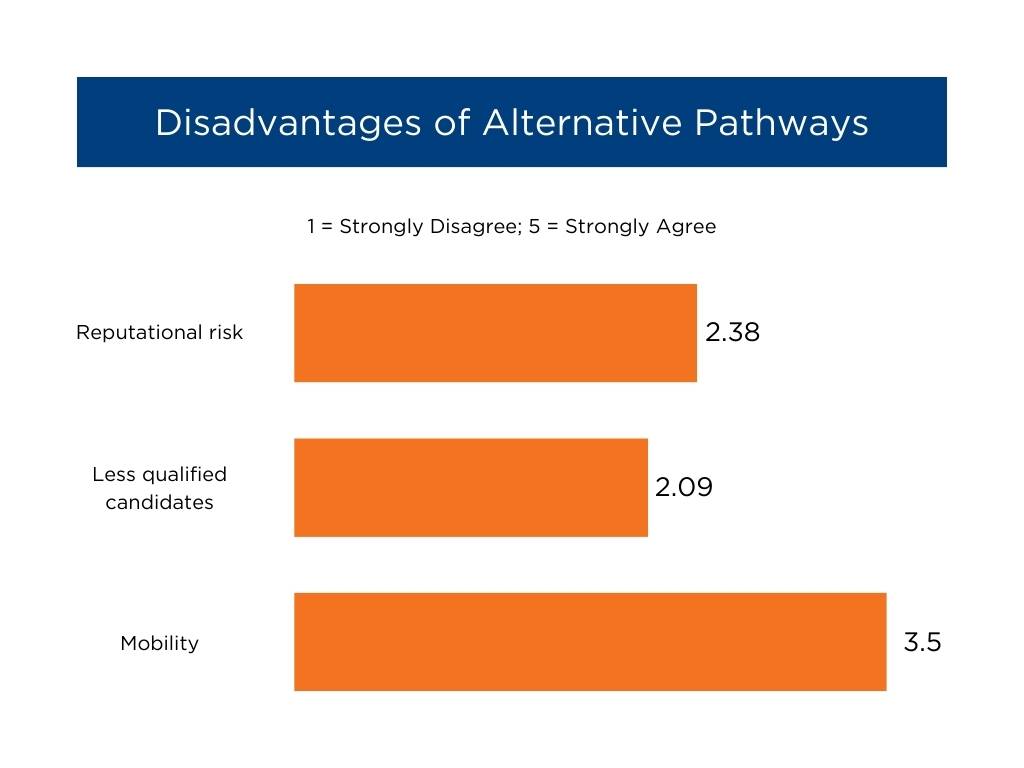Input steers CPA licensure pathways recommendation
January 23, 2024
Input leads to licensure pathways recommendation
ISCPA’s groundwork in exploring members’ thoughts on existing educational credit requirements for attaining CPA licensure in Iowa started last summer. While other barriers exist to joining the profession, legislation to offer alternative licensure pathways with fewer than 150 credits in Minnesota increases the urgency for conversations in Iowa. The decreasing CPA pipeline issue will not be solved overnight or with one change, but listening and acting on members’ input is our focus.
Task force formed
Under the ISCPA board’s directive, the Society established the ISCPA Pathways to CPA Licensure Task Force to embark on a state-wide grassroots initiative to collect members’ input and present a recommendation at the December board meeting. Throughout the fall, task force members and ISCPA staff held focus group meetings across the state to ask questions about talent resources and how the current 150 credit hour licensure requirement in Iowa is perceived by various stakeholders.

“Like many, I have witnessed first-hand the impact of the declining number of new accounting professionals on our firms and workplaces. I truly believe action is needed to turn this trend around and bring a new generation of candidates to the accounting profession,” said Kelli Schmidt, partner with KPMG and a task force volunteer.
“While there are several potential reasons people are not choosing accounting, certainly the 150-hour rule is one of the factors preventing people from pursuing this profession. I joined this effort because it felt critical to me for the Iowa Society of CPAs, with the help of the Pathways Task Force, to investigate the impact of this rule as well as the position of our valuable members.”
Data collection
The focus group discussions allowed members to voice support or concerns and talk about their experiences. The top focus group themes became the basis for our online survey questions shared with members and others around the state. More than 900 survey respondents and 500 focus group participants provided data used to form the task force’s recommendation.
Focus group themes
Across the state, members discussed what they are experiencing in the workplace and in the classroom. The most consistent themes to come from the focus groups were:
Most discussion participants view the 150-hour education rule as a barrier to the profession.
- Mobility is a top concern when discussing changes to pathways.
- The additional 30 hours of education is not producing better accountants.
- Work experience is more valuable than undefined additional education requirements.
- Other barriers are adding to the CPA pipeline issue, especially starting pay, work-life balance and professional stereotypes.
- Reputational risk is not at the top of Iowa professionals’ concerns.
- The CPA Exam is the gold standard and determines if someone has what it takes
to be a CPA.
Survey results
Thank you to everyone who completed the pathways to CPA licensure online survey (link to survey results).

Over 900 individuals answered our questions, providing significant data for the task force to use in forming a recommendation. The survey was shared with members, nonmembers, students and other professionals across Iowa. While 79 percent of respondents were members, we are thrilled to receive input from other stakeholders as well.
Only five percent of the respondents answering the question of whether there should be alternative pathways to CPA licensure said “No.” The alternative licensing pathway structure with the highest support from respondents was 120 hours plus two years of experience. Responses on the most significant factors in candidate quality overwhelmingly favored work experience and passing the CPA Exam over additional education hours.
The top concern of survey respondents is mobility, with most agreeing that mobility is a disadvantage to introducing alternative pathways to licensure due to uncertainty with licensing bodies on a national level. CPA licensure education requirements are not the only factors affecting the talent pipeline. Besides the time and cost associated with attaining the additional 30 hours of educational credit, survey respondents pointed to work-life balance and time required to prepare for the CPA Exam as significant factors. Other factors that weren’t quite as significant but are still worth noting include the complexity of licensing and starting salary. Survey respondents in the public accounting sector were more likely to find work-life balance a significant factor, as were female respondents.

Recommendation approved
The data collected from focus group meetings and the online survey helped the ISCPA Pathways to CPA Licensure Task Force make the following recommendation to the Iowa Society of CPAs Board of Directors on Dec. 1, 2023.
We support alternative pathways to CPA licensure that preserve a path to mobility:
- We support a trigger strategy to propose legislation. We do not believe Iowa needs to be first.
- Reciprocity for other states must be simultaneous with Iowa’s implementation of alternative pathways to protect Iowa stakeholders.
- ISCPA will be an advocate, working to support other states in their alternative pathways.
- The task force will be maintained to continue evaluating these details.
- ISCPA needs to continue its work to remove other barriers to entry into the profession.
Mobility
CPAs currently benefit from a nationwide licensing system that allows almost complete freedom to practice virtually or in person across states without having to obtain additional licenses. This is known as practice mobility. Mobility is extended to CPAs because state boards recognize "substantial equivalency," the premise that all licenses regardless of the state have met similar underlying educational, examination and experience requirements as CPAs in other states. ISCPA members were clear that mobility is important to their businesses.
The board voted in favor of the recommendation and voted to amend the 2024 legislative agenda to include CPA pipeline concerns. The Legislation Committee will create the framework that will allow ISCPA and others to discuss pipeline issues with legislators during this education stage of our efforts.

“The Pathways to CPA Licensure work that ISCPA has done this past year is crucial in addressing the current CPA pipeline shortage, as well as declining membership in state professional society memberships. We must find ways to remedy these issues and ensure the value of the CPA designation for the next generation,” said Twyla Rosenbaum, associate professor with Morningside University and a task force volunteer.
We expect this topic to evolve in the coming year as other states and stakeholders look to find ways to attract more talent to the accounting profession. ISCPA remains dedicated to advocating for the profession, supporting accounting professionals, and attracting students to accounting careers.
